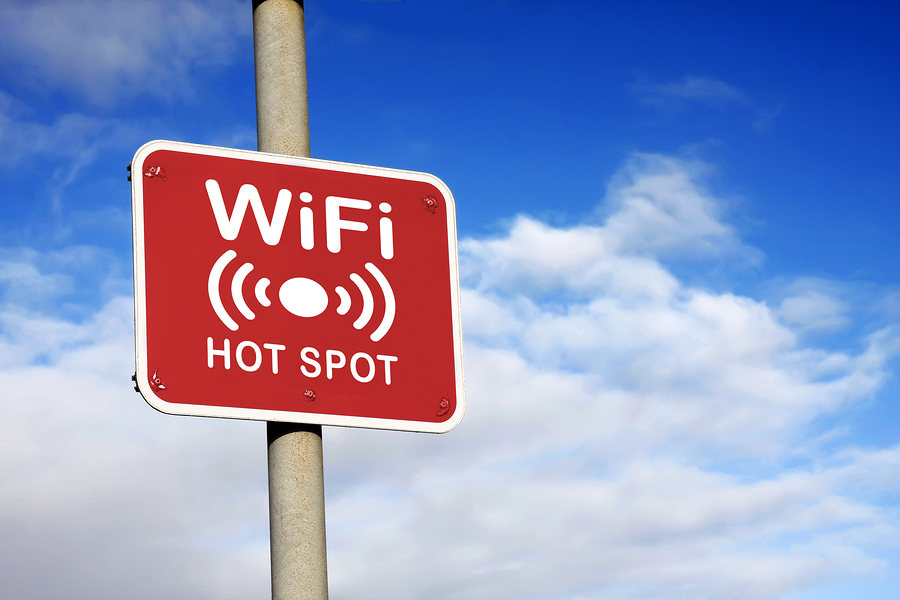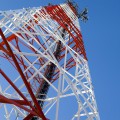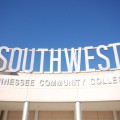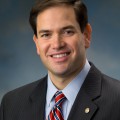 The Federal Communications Commission (FCC) has proposed a major change to the current wireless spectrum guidelines the United States uses for Wi-Fi applications, spurred in part by hopes it will encourage job growth.
The Federal Communications Commission (FCC) has proposed a major change to the current wireless spectrum guidelines the United States uses for Wi-Fi applications, spurred in part by hopes it will encourage job growth.
The alteration would make up to an additional 195 MHz available in the 5 GHz band for wireless devices currently unlicensed.
If the proposed change is enacted, available Wi-Fi space would increase by 35 percent. Companies use the currently available range for short-range, high-speed wireless connections, including typical local area networks used in many homes and offices, along with fixed outdoor broadband transceivers used for smartphones and tablets.
The FCC proposal also suggests more flexible regulations for managing the wireless spectrum space, making rules simpler and speeding up the equipment authorization process. Part of the motivation behind the change is the Job Creations Act of 2012, which suggested such remedies in order to expand the unlicensed segment of the market and encourage new job growth.
The five commissioners of the FCC released individual statements along with the proposal, all supporting the changes. Commissioner Jessica Rosenworcel wrote in a statement, “Countless innovations that have made our lives easier and more convenient every day are dependent on unlicensed spectrum.” She went on to remind readers that calling on a cordless phone, changing channels with a remote and opening a garage door were all examples of unlicensed Wi-Fi products in action.
The chairman of the panel, Julius Genachowski, took a more direct stance in his statement, saying, “Wi-Fi congestion is a very real and growing problem. . . . The core challenge is the dramatically increased use of wireless devices, which require spectrum.”
By enacting the changes this year, the commissioners hope to avoid future congestion problems, especially at major commercial centers such as airports and convention centers. They also appealed to the government by reminding them that the new value created by the expanded range would also lead to more money in the U.S. Treasury.
Of course, job growth in any Wi-Fi-based industry means the need for extensive training in telecommunications or mobile strategy. University programs in these fields could see a rise in enrollment if the proposed changes are passed.
[cf]skyword_tracking_tag[/cf]






No Comment